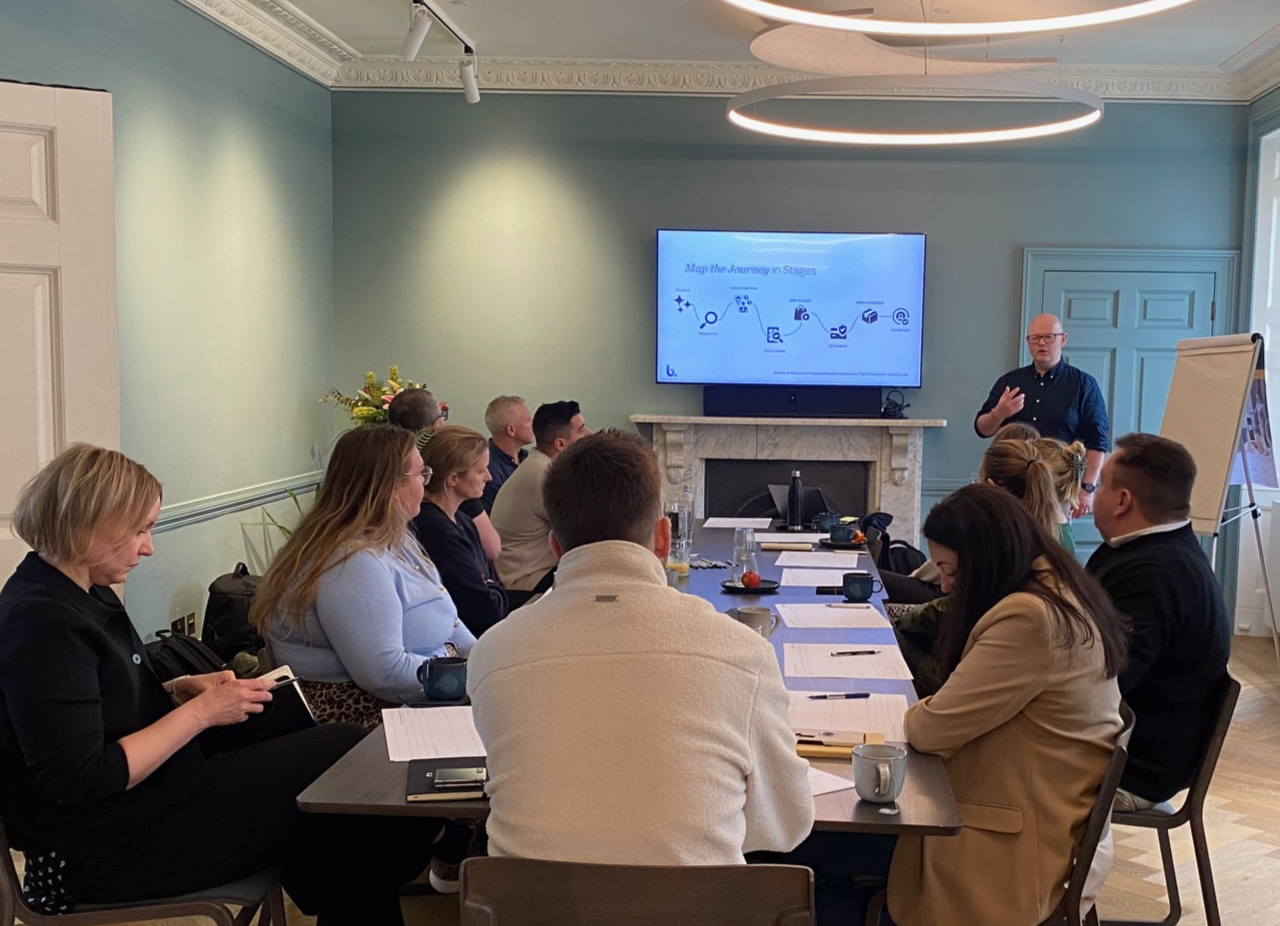Over the past year, headlines have been full of hype about how AI is reshaping search and disrupting SEO. Here’s the truth: AI is changing how we search, but the basic rules of good SEO are still important.
In my view, great content leads, and always will.
AI systems, such as Google’s AI Overviews, Bing’s chat search, and DuckDuckGo’s privacy tools, have altered search results. However, one truth remains: great content, strong keyword strategies, and well-structured, crawlable websites still succeed. What’s evolving is the context of how we adapt our approach, not the core principles.
When I first built content clusters, I worked with my marketing team. We faced the challenge of convincing senior leaders. We needed them to see that investing in detailed guides, FAQs, and supporting articles was important.
When we started a cluster about Gold Investment at The Royal Mint, the results were clear. Organic rankings improved, engagement increased, and conversions and prospects grew.
That experience still shapes how I view SEO today - as an investment in long-term authority.
Structured data.
On the technical side, structured data and Schema markup have never been more important. AI models look for clean signals to interpret relationships between products, services, and topics. Schema helps clarify this, ensuring content is surfaced in the right context.
I’ve often been surprised at how few teams prioritise Schema. One project I led demonstrated that by adding FAQ, product, and article markup, we not only gained rich snippets but also saw a measurable increase in click-through rates. It’s the kind of technical detail that’s invisible to users but critical for performance.
Conversational search.
Conversational and predictive search are gaining popularity. I use them in my daily life. I chat with the Chat GPT iOS app. I also click on suggested questions after using Perplexity.
It's apparent in my day-to-day that we’re no longer just searching; we’re asking complex, multi-layered questions, expecting precise and immediate answers.
This is prompting me to think deeply about my clients' brands and how they structure their content, anticipating related queries. Creating content clusters and decision-support resources is now a core part of SEO, not just a nice-to-have.
Yet, no different to what those working in SEO have been doing for the last decade or so, running keyword queries into Semrush, Ahrefs or Answer The Public to build out that ever-increasing cluster of content around your niche.
Zero-click searches.
There has been a lot of noise surrounding the rise of zero-click searches and AI-generated snippets reducing organic traffic. However, from experience, I can see that brands that focus on creating decision-making content - whether through comparisons, reviews, or guides - continue to drive meaningful engagement.
In other words, when you help users solve problems or make choices, you stay relevant, even if fewer people click through from search.
The power of details.
Ecommerce is seeing particularly fast evolution in the last month or so. Google Shopping and Amazon are pushing ahead with AI-powered product discovery, dynamic recommendations, and even virtual try-ons.
Shopify has enhanced its features to support businesses like blubolt. It now offers better native tools, improved structured data support, and AI tool integrations. These changes aim to enhance product discovery and personalisation for merchants.
Brands that will succeed are those that invest in high-quality product feeds. They should also use good images and provide detailed metadata. Complete product information is important too.
Lastly, what about AI-generated content?
I would be lying if I said I didn't get help researching this post. I also used AI for writing. I needed help with spelling, grammar, and checking the format and sentence structure for good SEO performance.
There’s been a lot of myth-making around AI-generated content. For me, yes, AI can speed up production, but its usefulness matters more to me than its speed. Whether a piece of content is written by a person, a machine, or, in my case, something a little more hybrid, is what matters to me.
What matters to both search engines and customers is quality, authority, and trustworthiness. And despite the hype, keywords and context still matter; they are the foundations for intent that guide both traditional and artificial intelligence, and I’m sure future search systems.
So, I guess that’s it then…
The takeaway is straightforward - I’m frustrated, yet equally excited by sweeping comments about artificial intelligence and its impact on future organic dexterity. If you already focus on robust SEO that's comprehensive, user-centred content, strong technical foundations, structured data, and ethical, I believe, like lots of others, that you’re well positioned for the future.
Just don’t let AI give you an excuse to abandon the basics; instead, make it the reason to sharpen them.
Need some help with that? Get in touch with us today to have an informal chat about your requirements. We're happy to help!






)

